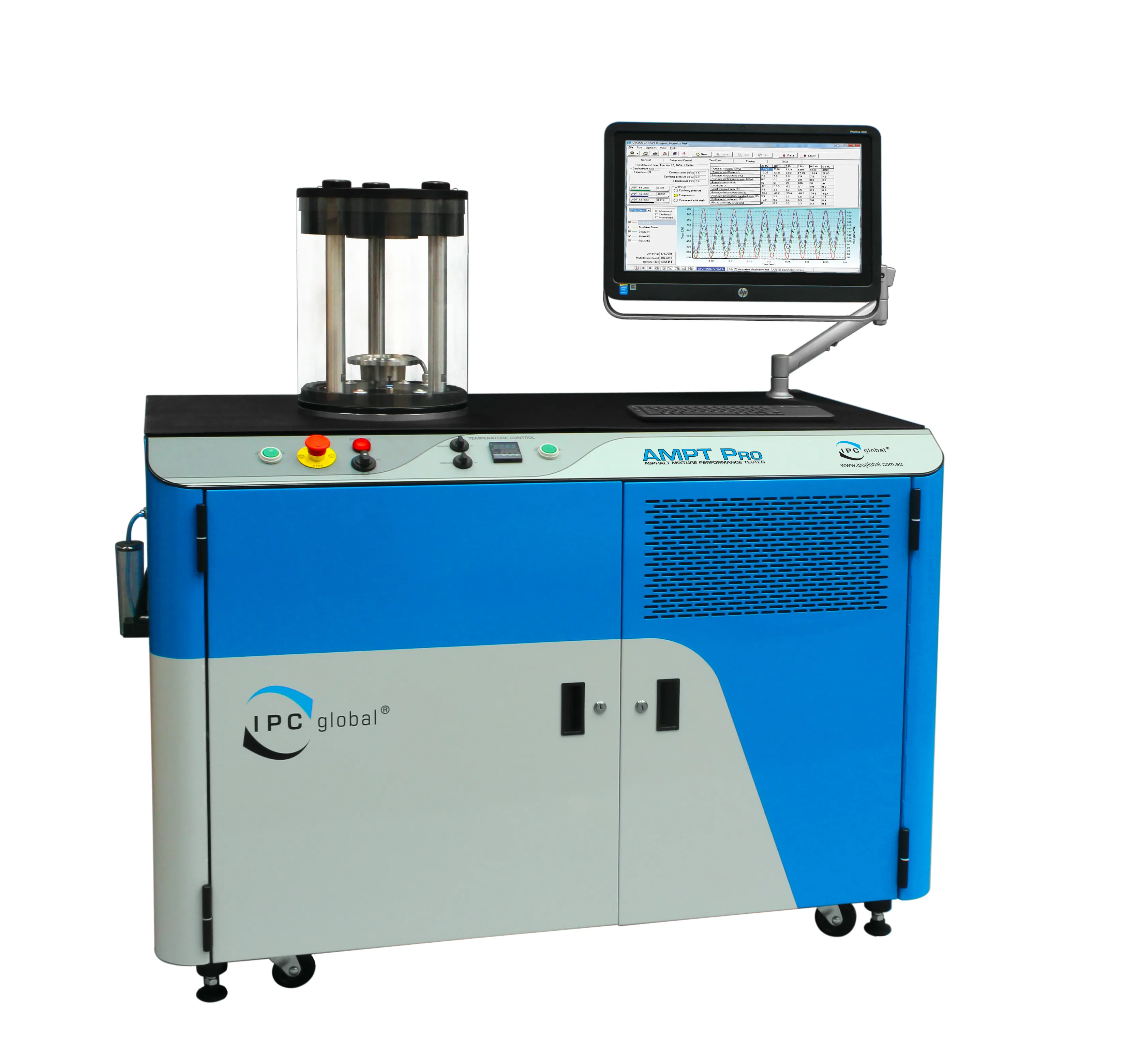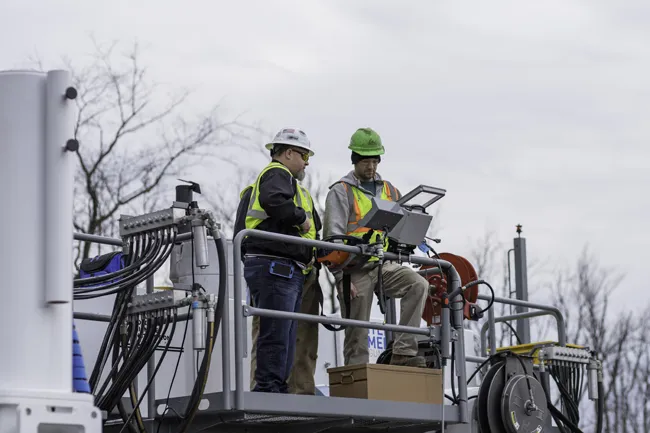CONTROLS says that the new AMPT Pro Asphalt Mixture Performance Tester from its IPC Global operation in Australia offers increased capabilities and features. This system is said to complement the array of technologies for asphalt and bitumen testing range from the group. The AMPT is a computer–controlled hydraulic testing machine designed to test a compacted asphalt mixture specimen. The system carries out tests using cyclic loading over a range of temperatures and frequencies. The device evaluates asphalt
February 19, 2016
Read time: 1 min










